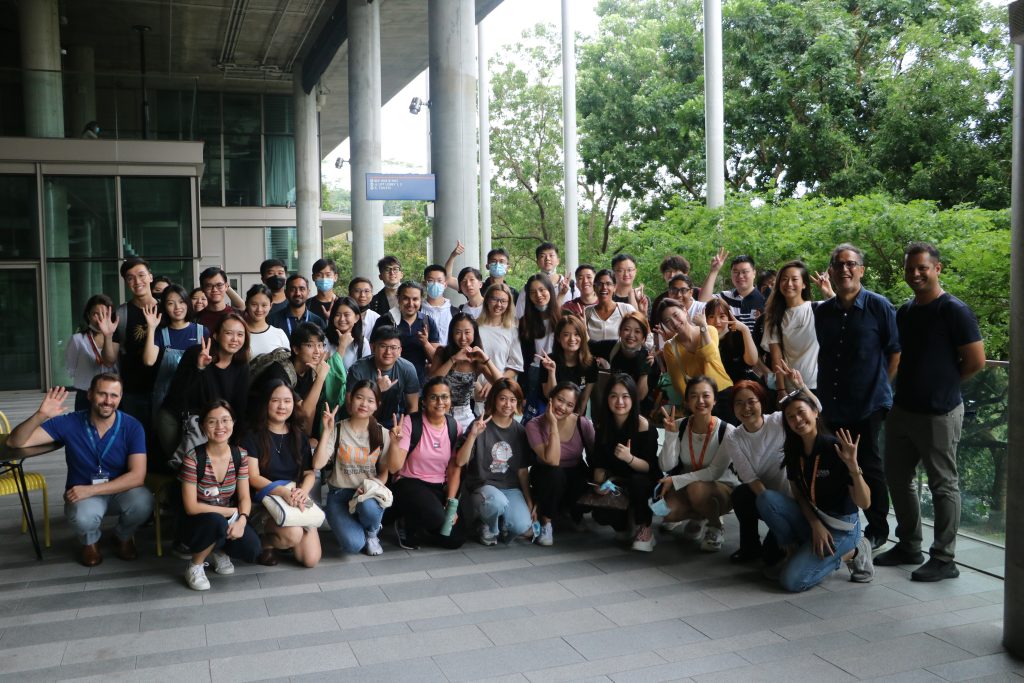Daily Cuts – S1E197: Charging for plastic bags: An effective move?
Commentary: Singapore will finally charge for plastic bags. What’s next?
Prof Sumit Agarwal, Managing Director of SGFIN reinforced the need for consumers to change their plastic bag habit besides the 5-cent charge for plastic bags. Besides waste reduction, factors contributing to the total carbon cost incurred in the life cycle of packaging materials were also discussed. The implementation of a carbon score card will potentially encourage consumers to adopt greener habits in more aspect of their lives. Merchants should continue to implement rewards for customers who choose to go green and live beyond the unsustainable convenience of plastic bags.
Singapore’s Financial Services Industry is Going to Be Hiring. Here are Some Emerging Jobs
In this commentary, Assoc Prof Zhang Weina, Deputy Director of SGFIN and Academic Director of Master of Science in Sustainable and Green Finance (MSGF) programme shared about emerging job opportunities in sustainable and green finance field in Singapore and beyond going forward.
Platform firms must not exploit protection for platform workers for more profit
Prof Sumit Agarwal, Managing Director of SGFIN emphasised the need for transparency in price adjustments by platform firms and shared the importance of closing the employment policy gap to protect platform workers and provide a stronger safety net for them. As platform firms mature and the number of platform workers increases, Singapore has stepped up platform workers’ protection to level the playing field – by providing health insurance and Central Provident Fund (CPF) payments for platform workers.
MAS urges households to exercise prudence in spending amid rising interest rates
In the commentary, Prof Sumit Agarwal, Managing Director of SGFIN shared that Singapore has very stringent debt-to-income and loan-to-value requirements and explained Singaporeans’ vulnerability to income and interest rates shocks as greater number of homeowners take on higher property loans.
How will Singapore benefit from Green Economy Agreement with Australia
Professor Sumit Agarwal, Managing Director of SGFIN, weighs in & shares his thoughts on the Singapore-Australia Green Economy Agreement (Watch the sharing from 2:40 to 6:55)
Debate on Innovation for Climate Action: “The world can innovate fast enough to reverse climate change”
During Climate Action Week, Associate Professor Johan Sulaeman was invited to the Debate Session organised by NUS Enterprise on 23 September 2022 on Innovation for Climate Action. The debating proposition: “The world can innovate fast enough to reverse the effects of climate change.”
Meet the Inaugural Class of the NUS MSc in Sustainable and Green Finance Programme
The inaugural cohort of the NUS Master of Science in Sustainable and Green Finance (MSGF) programme has commenced their journey with NUS Business School and the NUS Sustainable and Green Finance Institute! MSGF student Roy Zhang Ruoyu reflects on their stories and goals.
More ambitious net-zero target for Singapore could mean tougher climate policies
Associate Professor Zhang Weina, deputy director of the Sustainable and Green Finance Institute (SGFIN) comments on emissions-intensive industries.
Placing a Value to Sustainability
Assoc Prof Zhang Weina, Deputy Director of SGFIN shares her view of the value of sustainable activities’ current and future impact; and how we need more green talent to help firms and society make better decisions with these rapid developments in the sustainability landscape.
The Importance of Green Finance
Prof Sumit Agarwal, Managing Director and Assoc Prof Zhang Weina, Deputy Director (all from the Dept of Finance and the Sustainable and Green Finance Institute) gives a clear message of what green finance is, why it is important, and how everyone can play a role in this development.











